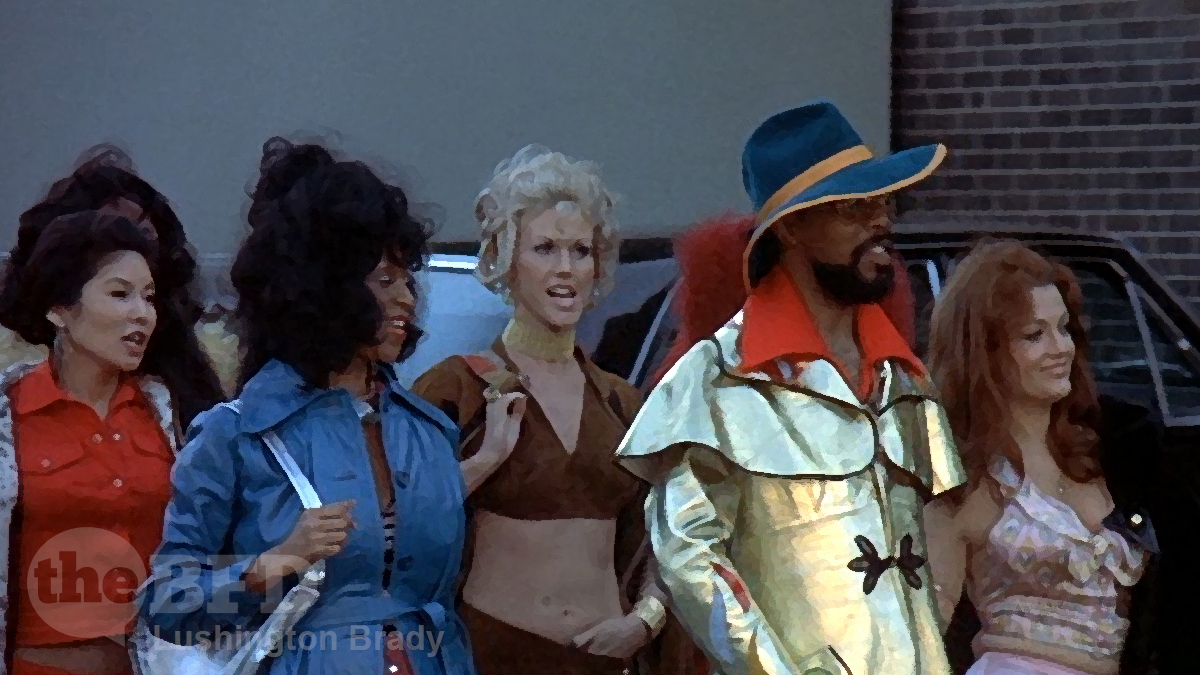If there’s any doubt why New Zealand desperately needs wholly independent media like The BFD, it’s the fact that much of what you’re about to read here, you won’t be able to read in the NZ mainstream media.
As I wrote recently for Insight, hiding in plain sight in the Ardern Government’s “Aotearoa New Zealand Public Media Bill” are clauses that will make public broadcasting, by law, a propaganda outlet for co-governance policies, by requiring in its charter that it will promote “Maori interests” and “the principles of te Tiriti o Waitangi”.
But that would merely codify by charter in the public broadcaster what the government already forces by contract on any media organisation that greedily signs up to the “Public Interest Journalism Fund” (PIJF).
For local media to apply for a slice of the available NZ$55 million, they first need to sign up to supporting a list of political causes.
The standard funding agreement to access the PIJF contains a section titled “New Zealand Identity and Culture and Public Interest requirements”.
“You will use best endeavours to ensure all Content reflects and develops New Zealand identity and culture,” it states.
It then asks journalists to ensure, among other matters, that content “actively promotes the principles of Partnership, Participation and Active Protection under Te Tiriti o Waitangi (Treaty of Waitangi) acknowledging Maori as a Te Tiriti partner.”
That might sound innocent enough, especially to anyone unfamiliar with the last few years of New Zealand politics.
For years, successive governments have turned the accepted meaning of the Treaty on its head and leveraged John Key‘s endorsement of the UN Declaration of the Rights of Indigenous People — a decision which Kiwis were never allowed to vote on, and a “Declaration” that has almost no democratic legitimacy or genuine legal force — into a “co-governance” agenda that slides closer and closer to apartheid. Powerful, unelected corporate Maori interests are being handed ownership of former Crown assets and the running of racially separatist government agencies on everything from health, to policing, to education.
The government paying journalists only on the condition that they agree to spread the government’s message on the Treaty creates an obvious challenge for journalism in New Zealand.
The problem goes still deeper. That is because of the way in which Treaty-related issues now permeate so much of New Zealand public policy.
“Treaty” obligations are being foisted on everything in a way that is becoming indistinguishable from historic totalitarian regimes’ determination to reshape entire nations and cultures on ideological grounds.
Even in mathematics, statistics and physics, concepts inspired by Matauranga Maori (Maori knowledge) have become prominent to fulfil perceived Treaty obligations […]
To take a different example, the government’s drug-buying agency Pharmac […is] mandated Pharmac to prioritise Maori in its funding decisions. In other words, Maori will receive extra funding, not on the basis of need, but on the basis of their ethnicity.
How is this not apartheid?
Don’t expect an honest answer from the NZ legacy media.
The potential conflicts of interest created by the PJIF do not involve the funded journalists themselves as much as their employers. That is because the funding agreements are between the PIJF administrators and media companies, not individual journalists.
This compromises media companies that take the funding in two ways.
Suppose a media company concluded that the PJIF contract prevented them from reporting freely on some sensitive issue. That would limit their ability to fulfil their role as the fourth estate. It would reduce the ways in which they could hold those in power to account.
More importantly, how can the public even trust the mainstream media at all, even if by a strange miracle they really did honestly try to hold the Government to account?
Accepting the money limits a company’s credibility and makes it appear biased, even if it is not.
The PIJF, though it may have started with an intention to help journalism, has become a grave threat to the credibility of the New Zealand media […] PIJF is incompatible with the basic ethics of journalism.
The Australian
Neither party is innocent. Ardern’s Government knew what it was doing when it made PIJF funding contingent on becoming a propaganda arm of the government. The media knew what they were doing when they held their hands out for the money.
The legacy media can whine all they like about declining readership and revenue, but that’s almost entirely their own fault, too. If they had given Kiwis a reason to even value their offerings in the first place, they wouldn’t have to go begging to the Government for money.
After all, independent media like The BFD don’t.

